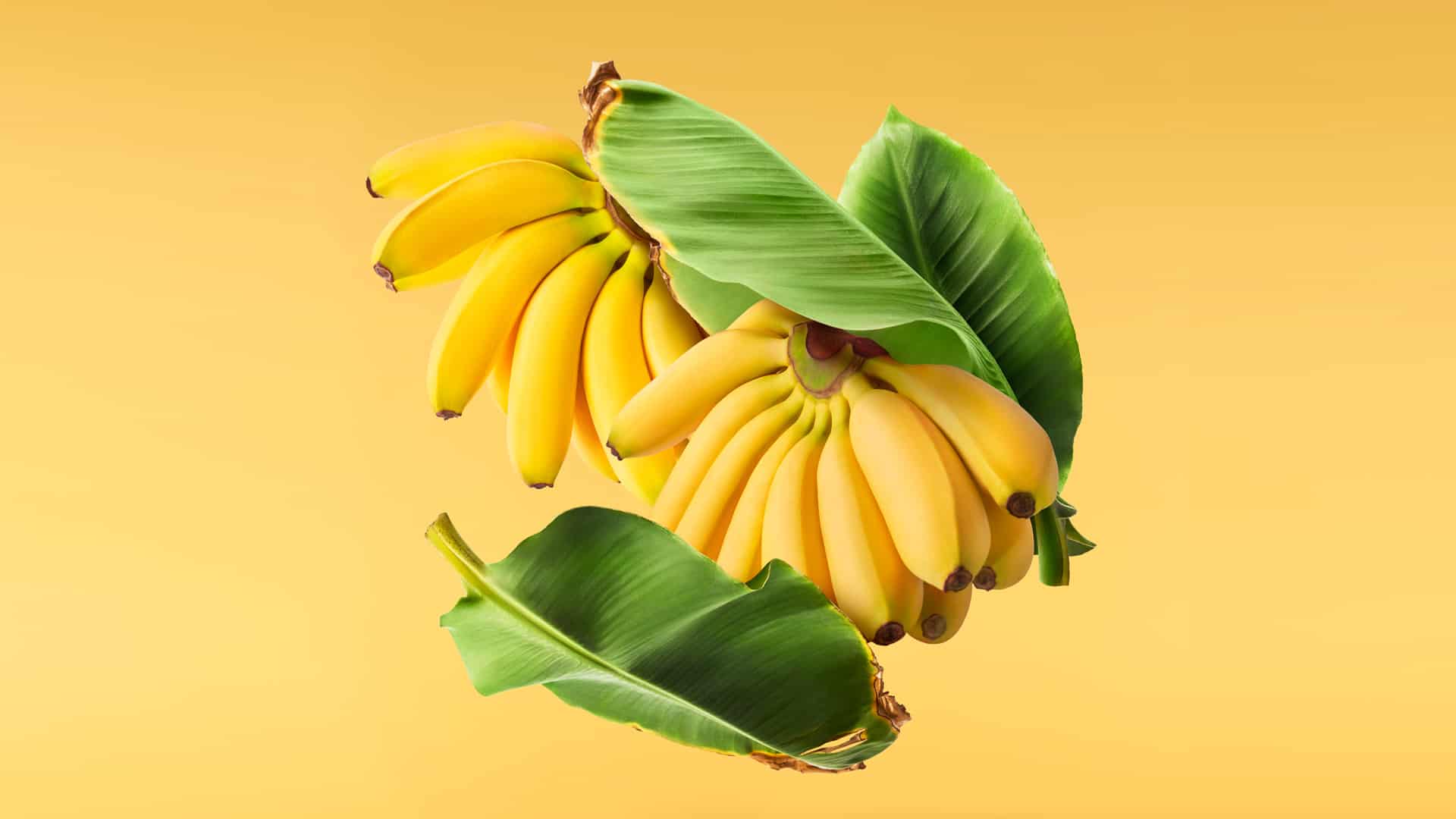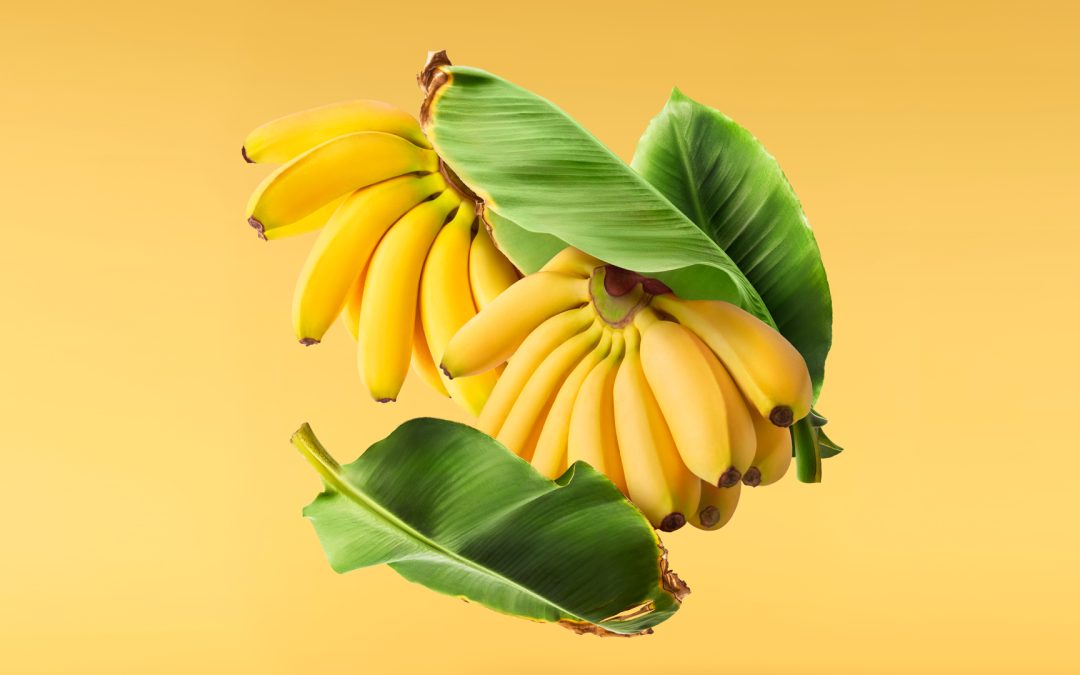
In Islamic culture, there are three ways to categorize food: haram, mushbooh, and halal. Haram refers to food and drink that are forbidden by Allah. Halal, on the other hand, translates to “permitted.” While it does encompass food and drink that are allowed by Islamic law, it can also denote a specific way of slaughtering livestock that is consistent with Islamic rites.
Technically, all food is halal unless they are haram or contaminated with haram ingredients. Any food product, however, whose exact origin can’t be determined will be considered mushbooh, which translates to “doubtful” or “questionable.” Muslims also tend to avoid anything that falls under this category. Halal certifications are issued to ensure that these standards are met.
That said, like most fruits and vegetables, bananas, on their own, are halal. However, the sliced bananas in pochero, a Filipino tomato-based stew made with pork belly cubes, will be off-limits to practicing Muslims. Expecting a Muslim dinner guest? You might want to rethink your pork nilaga, a clear soup with saba bananas. Bananas Foster, a dessert which flambés bananas in liqueur and rum, will also be ignored by halal eaters. Pork and alcohol are explicitly haram.
Even seemingly innocent dishes with inconspicuous haram ingredients would be prohibited. Mofongo, for example, looks straightforward enough, but the unwitting may not realize that the recipe for the Puerto Rican fried mashed plantain balls usually features crushed pork rind. Banana panna cotta will also be left on the table uneaten if no one can explain how the gelatin was made. Unless declared, gelatin, which uses collagen from animals, is deemed mushbooh. Other typically mushbooh products include lard, enzymes, emulsifiers, rennet, and whey (which means your favorite banana and cheese snack may be considered questionable).
So yes, bananas are halal, but if you’re adding any other ingredient to it, you might want to check your sources. Or, just make sure they’re halal-certified.


Recent Comments